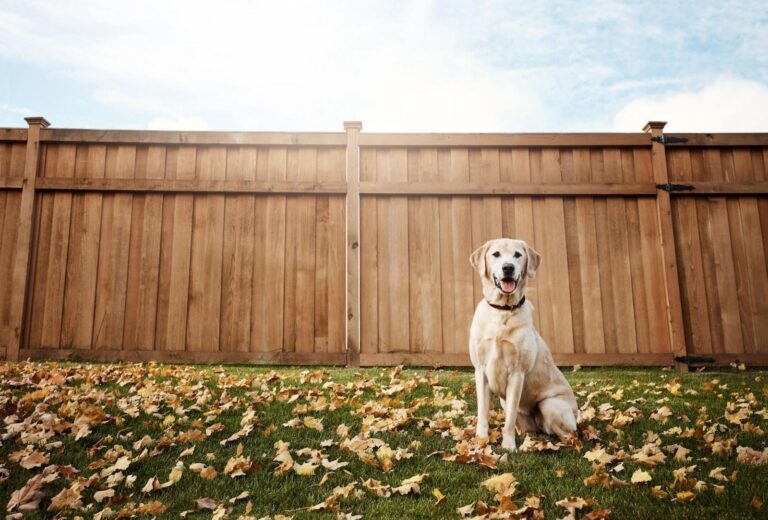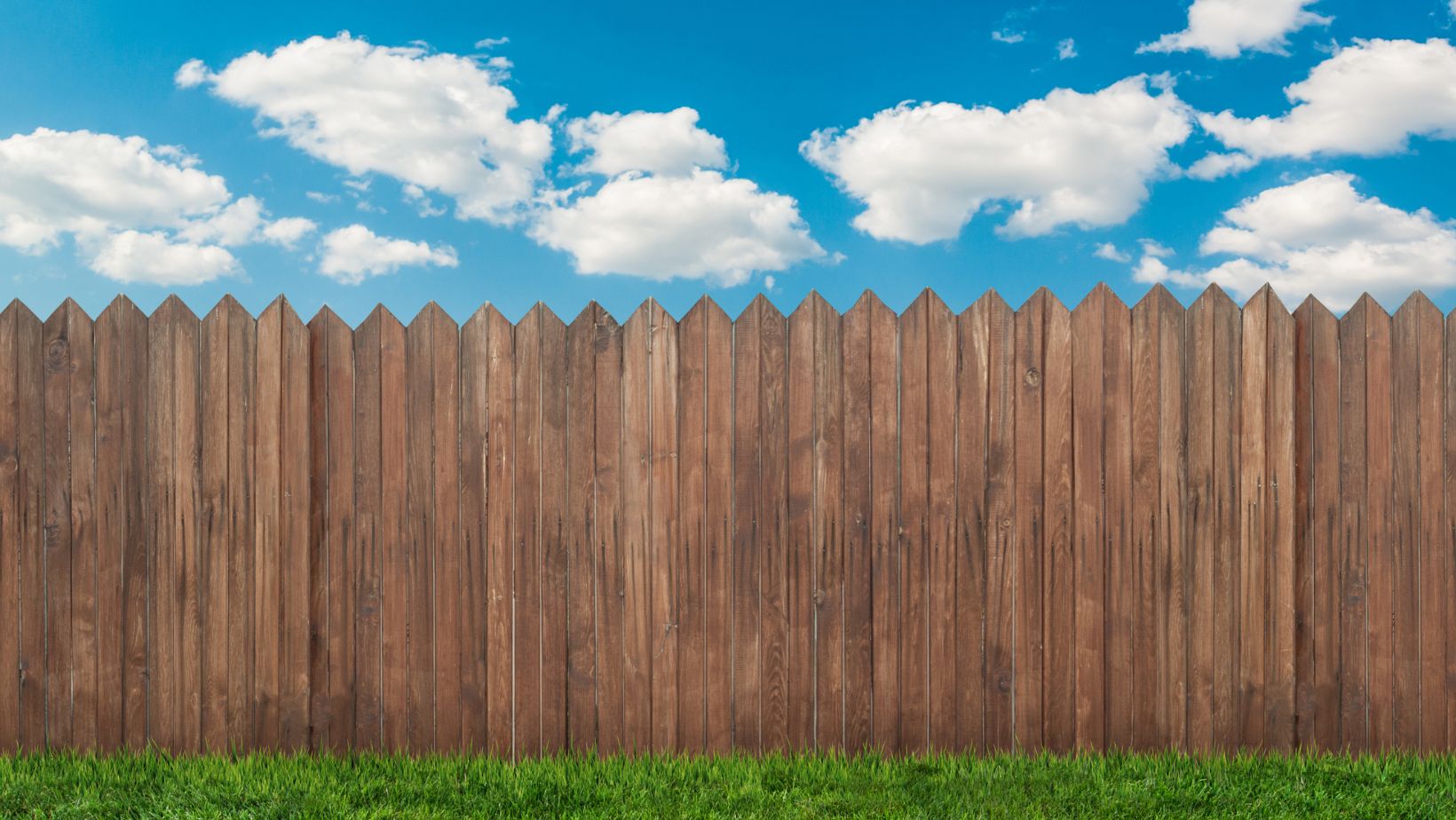A wooden fence can add privacy, security, and timeless beauty to your property. But in Washington State—where we see plenty of rain, moisture, and seasonal weather changes—not all wood types hold up the same. Choosing the right wood is essential if you want your fence to stand strong for decades instead of just a few years.
Let’s take a closer look at the best wood options for a durable, low-maintenance fence that can handle Washington’s climate.
Why Wood Choice Matters in Washington
Moisture is a major factor in how long your fence will last here. Woods that resist rot, decay, and insect damage naturally are far better suited for the Pacific Northwest than untreated or soft varieties. Choosing the right type from the start will reduce repairs and extend the life of your fence.
If you’re exploring possibilities, you can compare the most durable wood fence materials for wet climates to see how each option performs in Washington’s weather.
1. Western Red Cedar
Western Red Cedar is one of the most popular choices for fencing in the state—and for good reason. It contains natural oils that resist rot, decay, and insects. Cedar also performs well in damp conditions, making it a long-lasting option without heavy chemical treatments.
Its rich, reddish-brown color weathers beautifully into a silvery-gray over time, giving your fence a classic, natural look.
2. Pressure-Treated Pine
Pressure-treated pine is an affordable and durable option, thanks to its chemical treatment that protects it from rot, fungus, and pests. It can last for decades with proper maintenance.
This wood can be stained or painted to match your property’s style, and it’s widely available, making it a go-to for homeowners who want a balance between budget and longevity.
3. Redwood
Though less common in Washington due to its higher cost, redwood offers exceptional durability and natural beauty. Like cedar, it contains natural tannins that protect it from moisture damage and insects.
It’s a premium choice for homeowners looking for a luxury look with minimal maintenance.
4. Tropical Hardwoods (Ipe, Teak, Mahogany)
Tropical hardwoods are incredibly dense and resistant to weather, insects, and decay. While they can be expensive and harder to source, they can last 40+ years with the right care. Their rich colors and fine grain make them stand out as a high-end fencing option.
If you want a fence that blends strength with design flexibility, you can look into premium fencing options for long-term investment to see if tropical hardwoods are the right choice.
 Final Tips for a Long-Lasting Fence
Final Tips for a Long-Lasting Fence
- Seal or Stain Regularly: Even naturally rot-resistant wood lasts longer with protective coatings.
- Ensure Proper Installation: Good drainage and sturdy posts prevent moisture damage at the base.
- Maintain Annually: Address small repairs before they become costly issues.
Final Takeaway: In Washington State, the best wood for a long-lasting fence is one that naturally resists moisture and insects—like Western Red Cedar, redwood, or well-treated pine. Combine the right material with quality installation and maintenance, and your fence will stand strong for decades.


